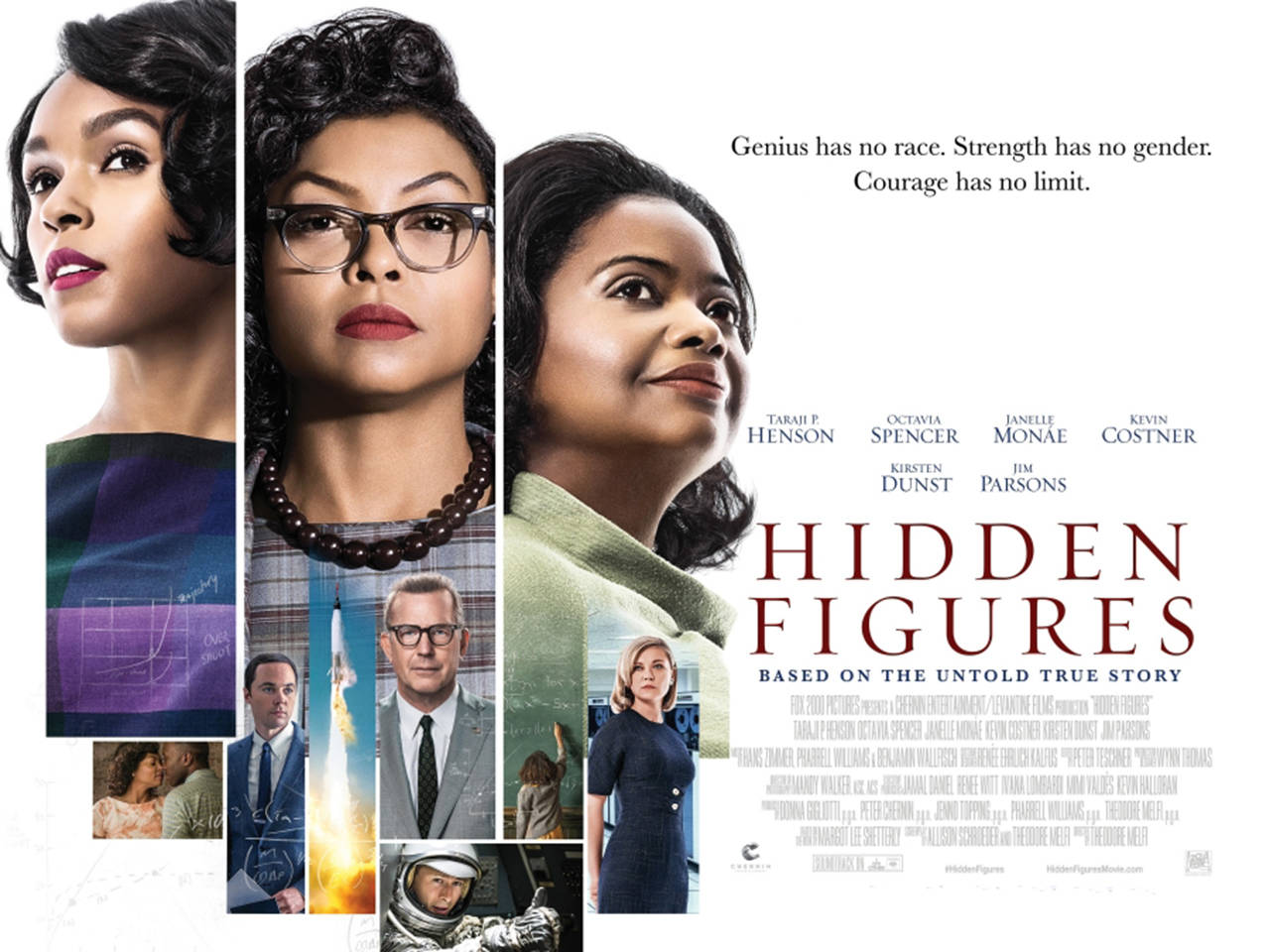It’s difficult to find in bookstores and libraries, but the 1993 book “Alternate Oscars” is considered essential reading by many movie buffs.
Author Danny Peary lists his choices for Academy Award nominations and wins in the major categories every year from 1927 through 1991. As the title suggests, his selections invariably differ from the academy’s.
Although only in his mid-40s when he wrote the book, Peary has yet to update it.
I’m far from a candidate to pick up that particular torch. To begin with, I don’t see enough movies to be qualified for the assignment. In addition, I’m not as critical as many observers are with the academy’s choices.
Sure, Oscar voters serve up the occasional clinker, such as “Shakespeare in Love” over “Saving Private Ryan” for Best Picture in 1998, or Cher (for “Moonstruck”) over Holly Hunter (for “Broadcast News”) for Best Actress in 1987. But in most cases, I’m OK with the choices.
Like most moviegoers, though, I’d love to have the power to order do-overs in certain Oscar races. Here are five examples — three relatively recent, two in the classic mode, but all readily available to rent or stream:
Best Picture
“Hidden Figures” (2016)
Taraji P. Henson, Octavia Spencer and Janelle Mon’ae play African-American mathematicians who battle institutional racism in the 1960s to help NASA win the space race.
The semi-fictionalized version of a little-known chapter in American history is exceedingly well-told and acted. The non-nominated Henson was particularly good as the de facto lead. Director Theodore Melfi even managed to elicit a convincing supporting performance from Kevin Costner — who usually seems lost whenever he strays far from a baseball diamond — as Henson’s no-nonsense boss.
The film’s Oscar chances were torpedoed in part by activists who complained about historical inaccuracies and the inclusion of sympathetic white characters.
I guess I don’t consider the latter “flaw” to be a shortcoming. There aren’t many shortcomings in this movie.
Best Actress
Emily Blunt “The Girl on the Train” (2016)
A talented actress and singer, Blunt could have become one of the major stars of her generation except for one small detail. Most of her pictures — including the much-hyped “Mary Poppins Returns” in 2018— have been critical and/or financial disappointments.
She aces the difficult role of a mentally unstable alcoholic who becomes involved in a murder investigation. But after this adaptation of a popular mystery novel performed only marginally well at the box office and was generally savaged by critics, Blunt didn’t even receive an Oscar nomination.
Best Actor
Denzel Washington “Flight” (2013)
Let’s face it, Washington probably should have four or five Oscar statuettes to go with the two he has already earned. He merited one for his complex portrayal of an airline pilot who prevents a catastrophic crash but is dogged by alcohol and drug addiction.
The film itself is marred by too many subplots. But Washington’s mesmerizing performance keeps it airborne.
Best Supporting Actor
Paul Dooley “Breaking Away” (1979)
A sleeper hit and a personal favorite, this coming-of-age tale of working-class youngsters growing up in an Indiana college town was rewarded with five Oscar nominations. Shockingly, veteran character actor Dooley was excluded, even though his performance as the father of the central character (played by Dennis Christopher) was universally acclaimed.
Dooley masterfully transitions from a comic figure bemused by his son’s obsession with Italian bicycle racing to an understanding parent attempting to ease his son’s eventual disillusionment. His climactic speech to Christopher’s character — in which he laments his own career choices and hopes his son will set his sights higher — is the film’s emotional high point.
Best Supporting Actress
Angela Lansbury
“The Manchurian Candidate” (1962)
Lansbury created one of the screen’s greatest villains when she played the devious, contemptuous mother of a brainwashing victim (played by Laurence Harvey) in this classic political thriller.
Her Oscar loss to Patty Duke in “The Miracle Worker” can be attributed to bad luck and bad timing. Duke’s depiction of a young Helen Keller was impressive, but belonged in the lead actress category. And Lansbury at the time specialized in unsympathetic characters. Had she played this role after starring as the musical Mame on Broadway and the kindly mystery writer Jessica Fletcher on television, this role would have demonstrated her exceptional range.
Lansbury had to be content with outperforming no less than Meryl Streep, who played the same role much less effectively in the 2004 remake.
Rick Anderson, retired sports editor of The Daily World, now is a contributing columnist. Reach him at rickwrite48@gmail.com.


